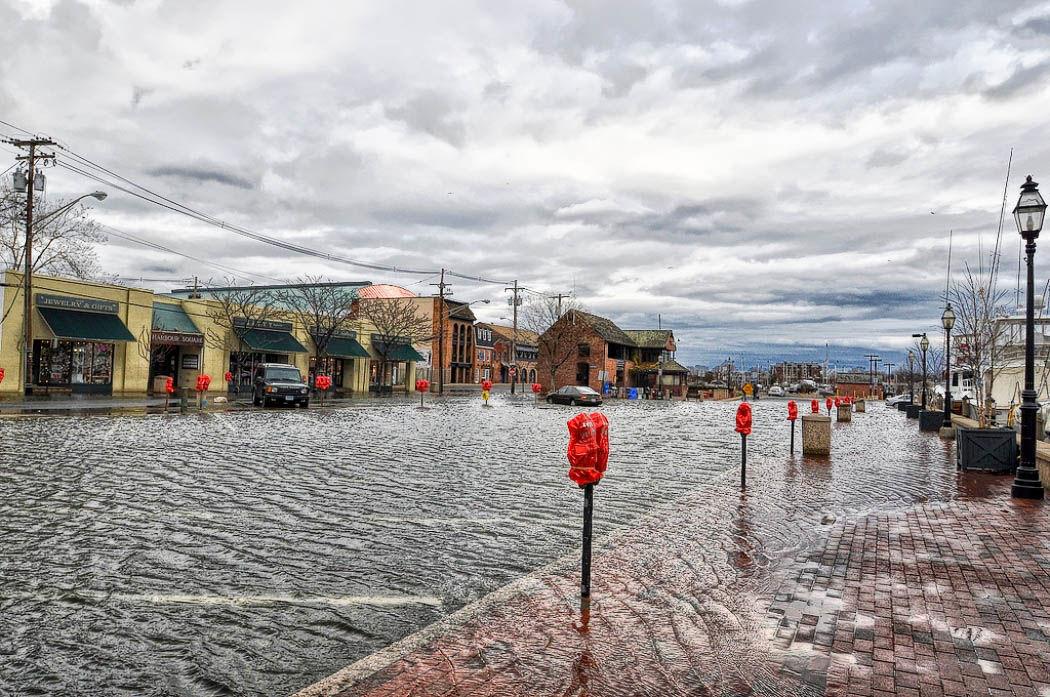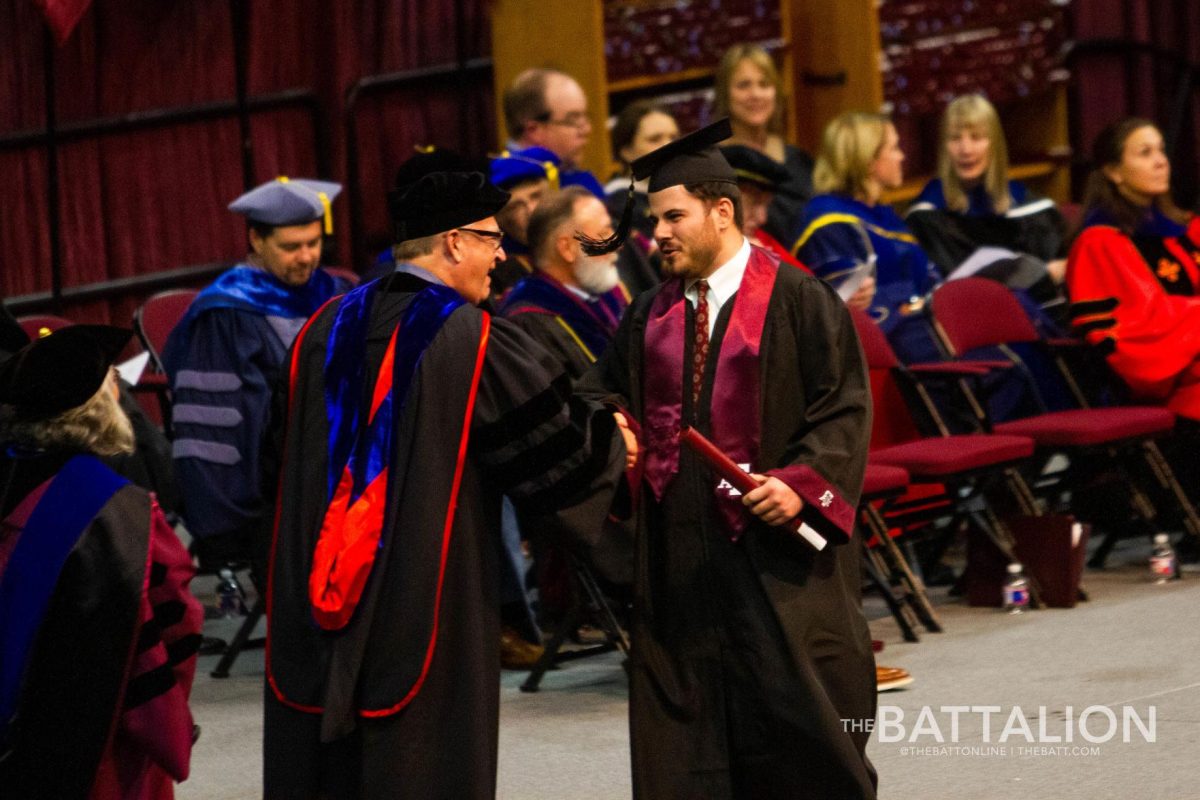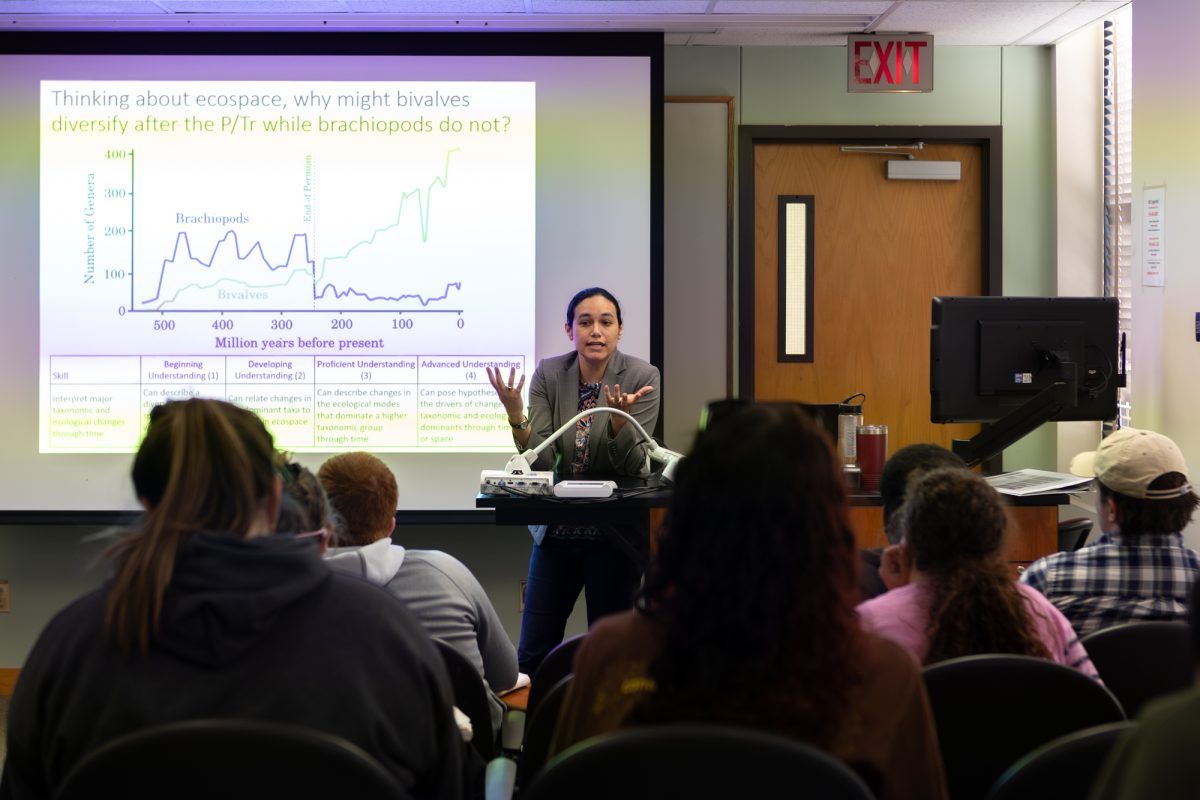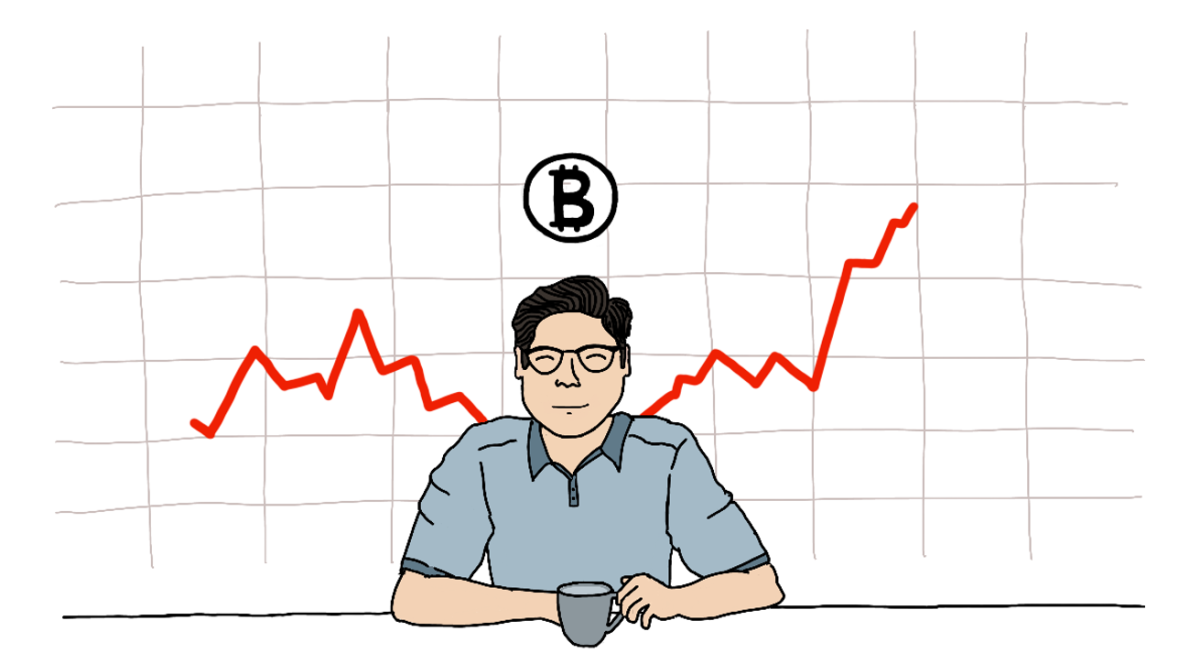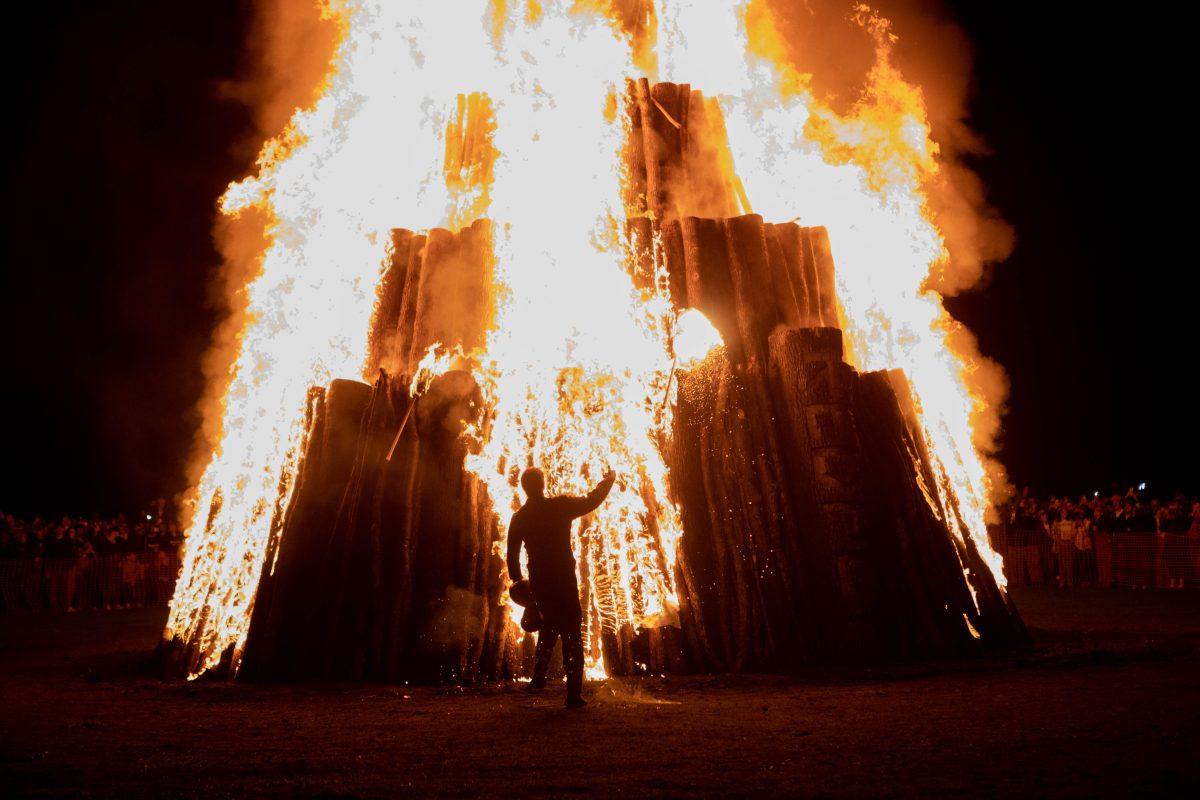Sitting in air-conditioned homes, with access to fresh air at the crack of a window and clean water at the turn of a nozzle, most Americans don’t yet feel the effects of climate change. Because of this, they adopt a sense of indifference towards it. While some Americans deny the shift altogether, most know climate change is real. However, they think the cost of stopping it is higher than the threat itself or believe we will resolve the issue without their action. What privileged Americans fail to realize is that their ignorance and inaction is causing millions to suffer daily — both in third world countries and in the United States.
Of course, there are many ways to define privilege, but in this case, a privileged American is someone with affluent wealth. People who come from families with an income of $100,000 or more are considered affluent, so most Aggies can be considered to come from privileged households. Most students from A&M are predicted to become wealthy adults. With money comes power, so it is vital that we understand the urgency of climate change action.
Both the media and regular citizens often still talk about climate change as something to worry about in the future. They discuss topics such as which parts of America will sink into oceans and new diseases future generations could potentially face. This kind of rhetoric is harmful and overshadows the current struggles of millions around the world. While it’s true that conditions will worsen, treating climate change as a future event gives the privileged more reason not to regard it as a present crisis.
As most Americans carry on with their lives, thousands in coastal areas are on the front lines of the battle against rising seas and warming temperatures. Indigenous people, people of color and low-income families in and outside the U.S. are the most affected by the pollution caused mainly by the upper class and upper-middle class Americans’ consumption habits. Island nations, such as Tarawa, facing the danger of having their homes swallowed by the ocean, are currently relocating their citizens, uprooting people’s lives. As deserts expand in northern Africa, migrants from Sudan are pouring into Darfur to escape drought and starvation.
Some people are aware of these struggles; they don’t see it as their problem, but it is. The U.S. is the second biggest carbon dioxide polluter in the world, yet its citizens do not pay for its emissions, so it must help those who do. Besides offering aid and resources for the damage already done, the U.S. needs to stop polluting and give back people’s homes or get ready to accept climate migrants. The number of refugees from Central America will only increase if we continue to emit greenhouse gases at the current rate.
If people still aren’t convinced that climate change is a pertinent threat, they should know that Americans are, and will continue to be, affected by the problem as well. Southern states along the coast are vulnerable to severe weather such as Hurricane Harvey, which left thousands of Texans without a home. These events will also force Americans to increase their spending on heating and cooling, healthcare and infrastructure. Situations like these mean more out-of-pocket payments for everyone — including wealthy Americans — and tax increases. All of these issues will directly affect privileged Americans.
Impoverished communities cannot stand up for themselves either due to facing the great strife of losing their homes and way of life, due to a non-democratic government or both. However, public officials do not restrict most U.S. citizens in these ways. They can and should use their rights to push for climate action policies.
We have no excuse to ignore the pressing threat among us when millions of people are paying the costs of climate change at this very moment. In a few months to years, us students will be out in the real world. We cannot afford to consume the way past generations have. As we enter the workforce, and even now, we can use our education, earnings and voice to ameliorate American society. Climate change will someday affect every person — privileged or not, but before that happens we can push for federal measures. Let’s start talking about climate change as an ongoing crisis and encourage politicians to adopt an immediate and drastic policy to stop it.
What privileged Americans don’t realize about climate change
April 20, 2020
Photo by Creative Commons
Opinion columnist Keerthana Rameshbabu encourages middle and upper class Americans to use their privilege to push for climate change policies.
Donate to The Battalion
Your donation will support the student journalists of Texas A&M University - College Station. Your contribution will allow us to purchase equipment and cover our annual website hosting costs.

















